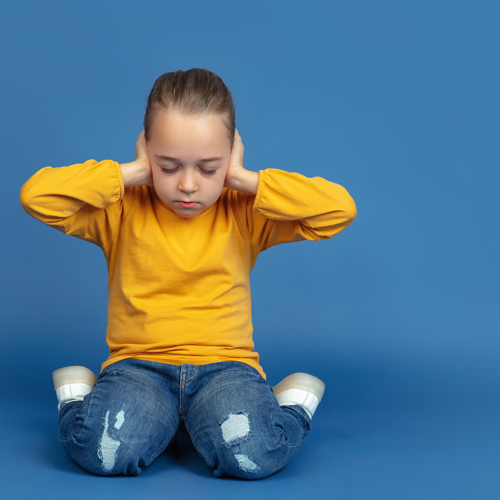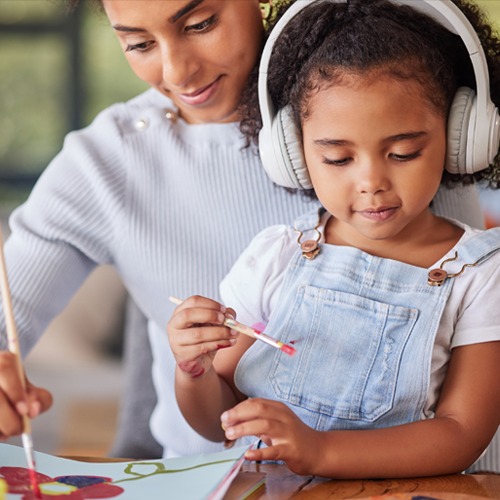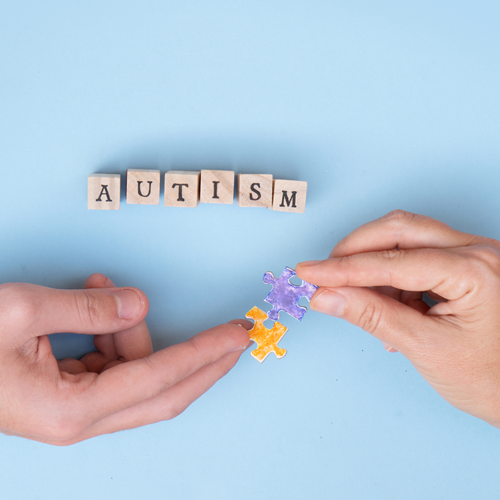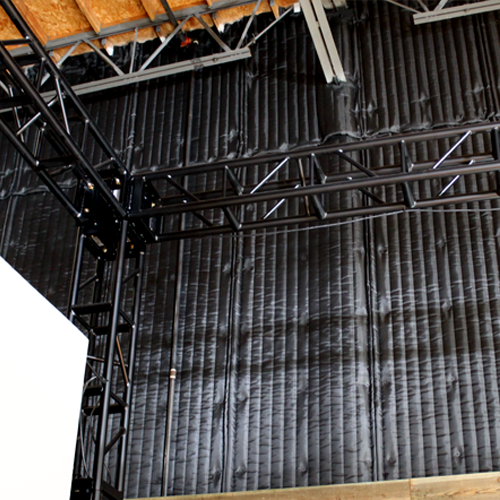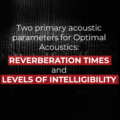Understanding Autism and Noise Pollution
It has been well-documented that noise pollution can lead to health issues such as sleep problems, cardiovascular diseases, and others. The effects of noise pollution on the human body are still being researched and understood. People with disabilities might be particularly susceptible to the negative impact of noise pollution, particularly people with autism. There is growing evidence that autism might be linked to a heightened sensitivity to sound, which can have a negative effect on cognitive and emotional responses when one is exposed to loud sounds.
Many individuals on the autism spectrum are more sensitive to noise than the rest of the population.
While many individuals on the autism spectrum are more sensitive to noise than the rest of the population, it’s important to note that not everyone will be affected by it negatively.
That said, noise pollution can lead to anxiety, frustration, anger, and other adverse reactions. And while it’s challenging to regulate noise levels in specific environments (like airports), there are things you can do as an individual or with your family to help mitigate this problem.
Sounds that seem normal to most people can have a negative impact on the cognitive and emotional responses of those with autism.
Noise pollution is a growing problem across the world. It can have a negative impact on the cognitive and emotional responses of those with autism, but it’s also an issue that affects all people.
There are many sources of noise pollution: construction sites, road traffic, and airplanes are just the beginning. Any sounds that seem normal to most people can have a negative impact on the cognitive and emotional responses of those with autism. The child may become anxious or angry in response to these noises.
It is difficult to regulate sound in public places such as schools and shopping malls.
It is difficult to regulate sound in public places such as schools and shopping malls. Regulations differ between states and provinces within the same country, cities in the same country, and even between neighborhoods in a city. Even if you live in an area with strict noise pollution regulations, it is often difficult to enforce them. However, it may be possible for you to take action against noisy neighbors if they are causing your family problems.
It is becoming increasingly difficult for people with autism to find quiet environments.
As a child with autism, you may have found it challenging to learn in a noisy classroom. But it’s not just the noise that affects your concentration and ability to focus.
People with autism are more sensitive than others to changes or differences in the environment around them. If a room is too hot or too cold, if there is a faint smell of something burning, or if someone walks by talking loudly on their cell phone—even if these things are barely noticeable to other people—they can be overwhelming for someone with autism.
The problem doesn’t stop at school or work; it happens everywhere, from restaurants to movie theaters and even home environments. People who do not have autism may not notice these disturbances at all; they might think they just need earplugs! However, you know that these disturbances are distracting and make it hard for you to focus on anything else around you.
Noise pollution affects people with autism differently than it does others
Autism is a condition that affects social and communication skills, as well as behavior. For example, some people with autism are hypersensitive to sounds, touch, and smells, which can cause them to become anxious or angry when faced with loud noises such as sirens or trucks passing by.
The good news is that most people who are sensitive to noise pollution can find ways to cope. For example, Many autistic people find that wearing earplugs helps them deal with loud environments better than they would without earplugs. Doing so may also help them avoid losing their temper because they don’t have to hear every sound so clearly.
If you know someone who has trouble dealing with noise pollution, try talking quietly instead of shouting when you’re around them—they’ll appreciate the consideration! You could also try giving your friend’s hand a squeeze if they seem upset by something happening around you; this might help remind both of you that there’s no need for things to get too loud right now (and hopefully will even make things feel calmer).
The Quilted Studio Blanket is an excellent solution for absorbing sound reflection and reverberant noise
According to its purpose, the Quilted Studio Blanket is an excellent solution for absorbing sound reflection and reverberant noise in a Studio, building, or open room. Our blanket features more than 95% sound absorption, an R-Value = 9 with 50% recyclable content, and certified VOC compliance in California. The last feature to mention is that the Blankets reflect 97% of radiant heat, which is excellent in keeping space cooler during the warmer seasons.
The Studio Blanket’s foil backing is excellent for installations where a semi-rigid surface is required. When the Quilted Studio Blanket is used as a ceiling baffle, it is an efficient and economical way to mitigate sound and echo problems in large spaces.
The Quilted Sound Blocker Blankets have both an NRC 95% (absorption), and STC 16 (blocking) rating as the blankets provide both blocking and sound absorbing qualities.
If you need more information about our products or help with your projects call us, email us or visit our website and check our blog.

